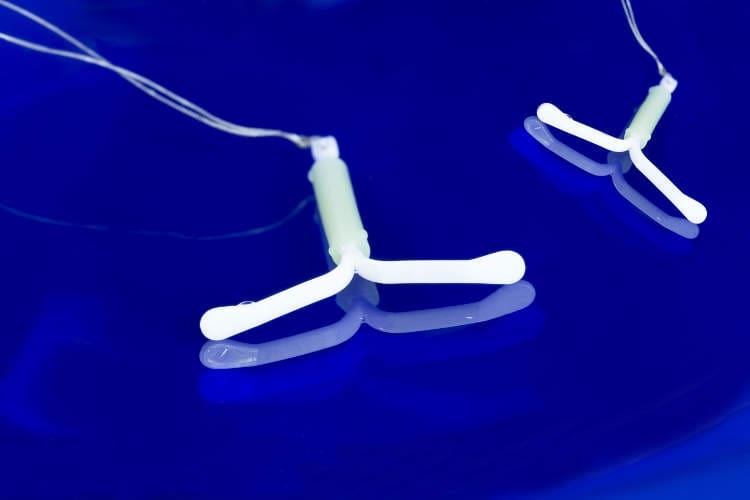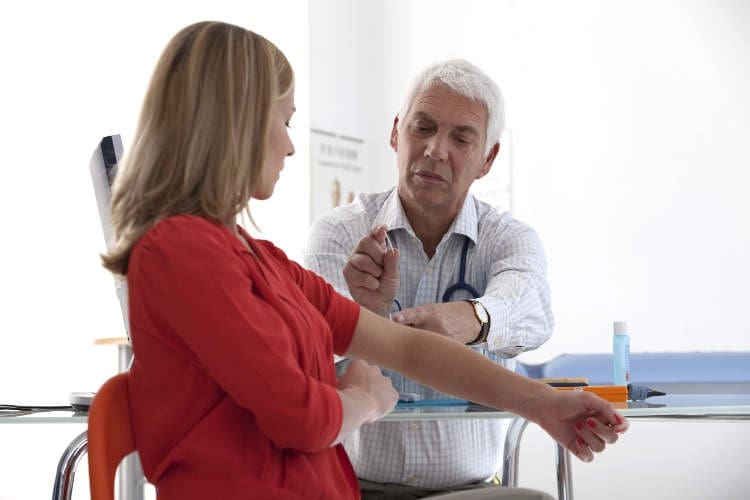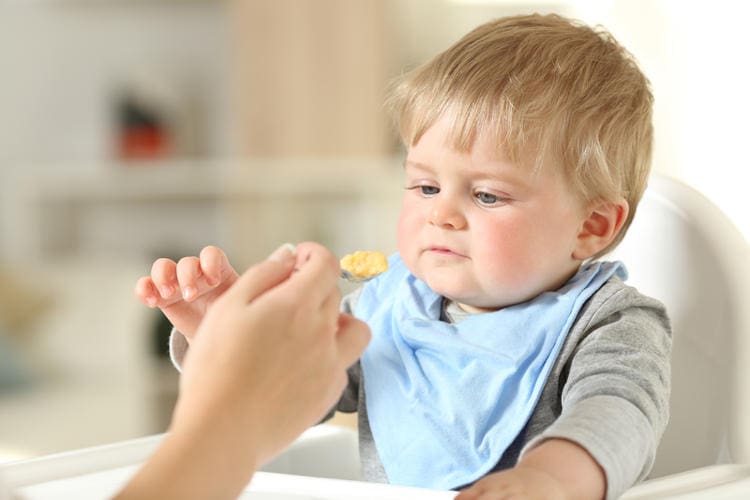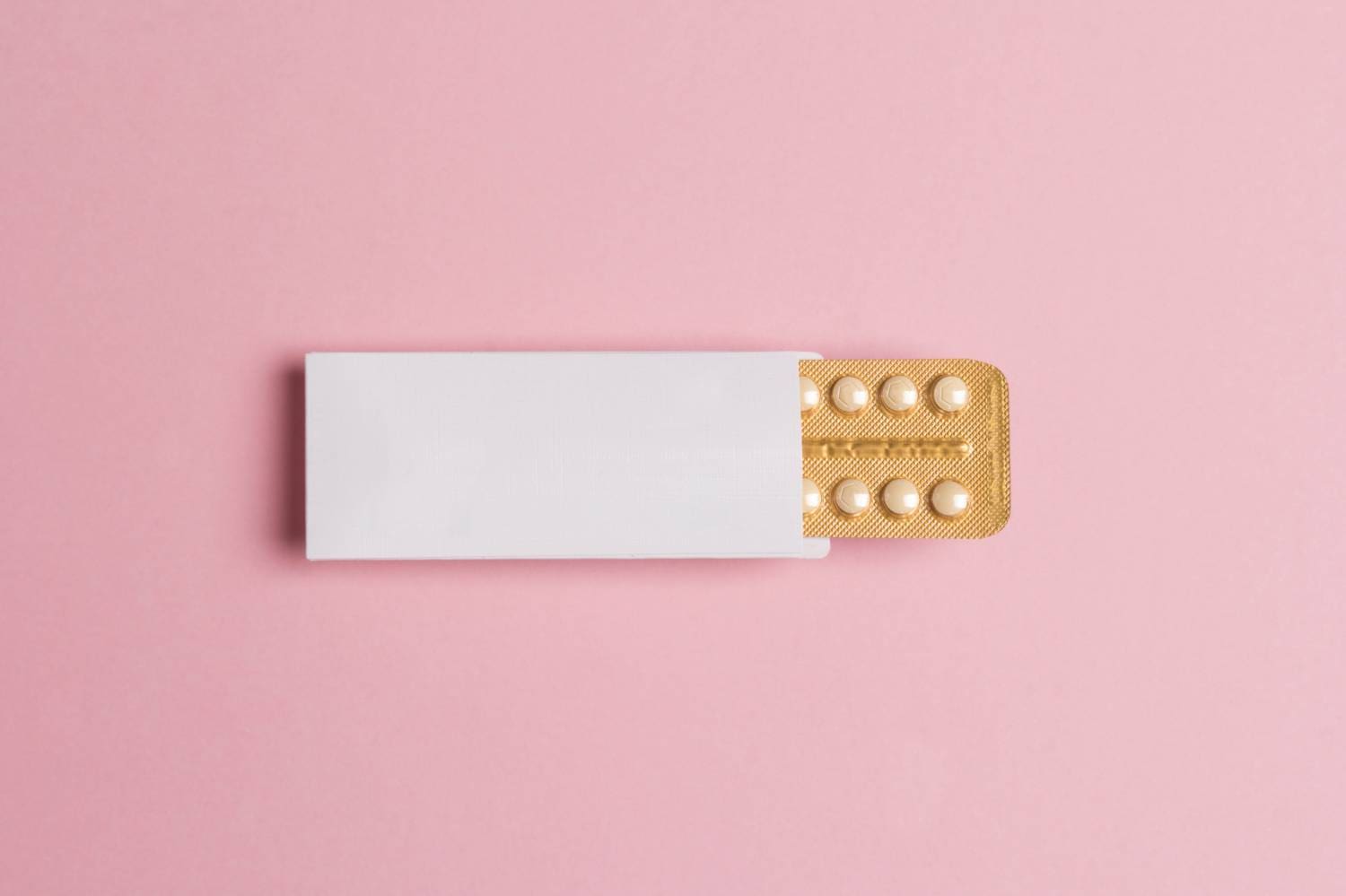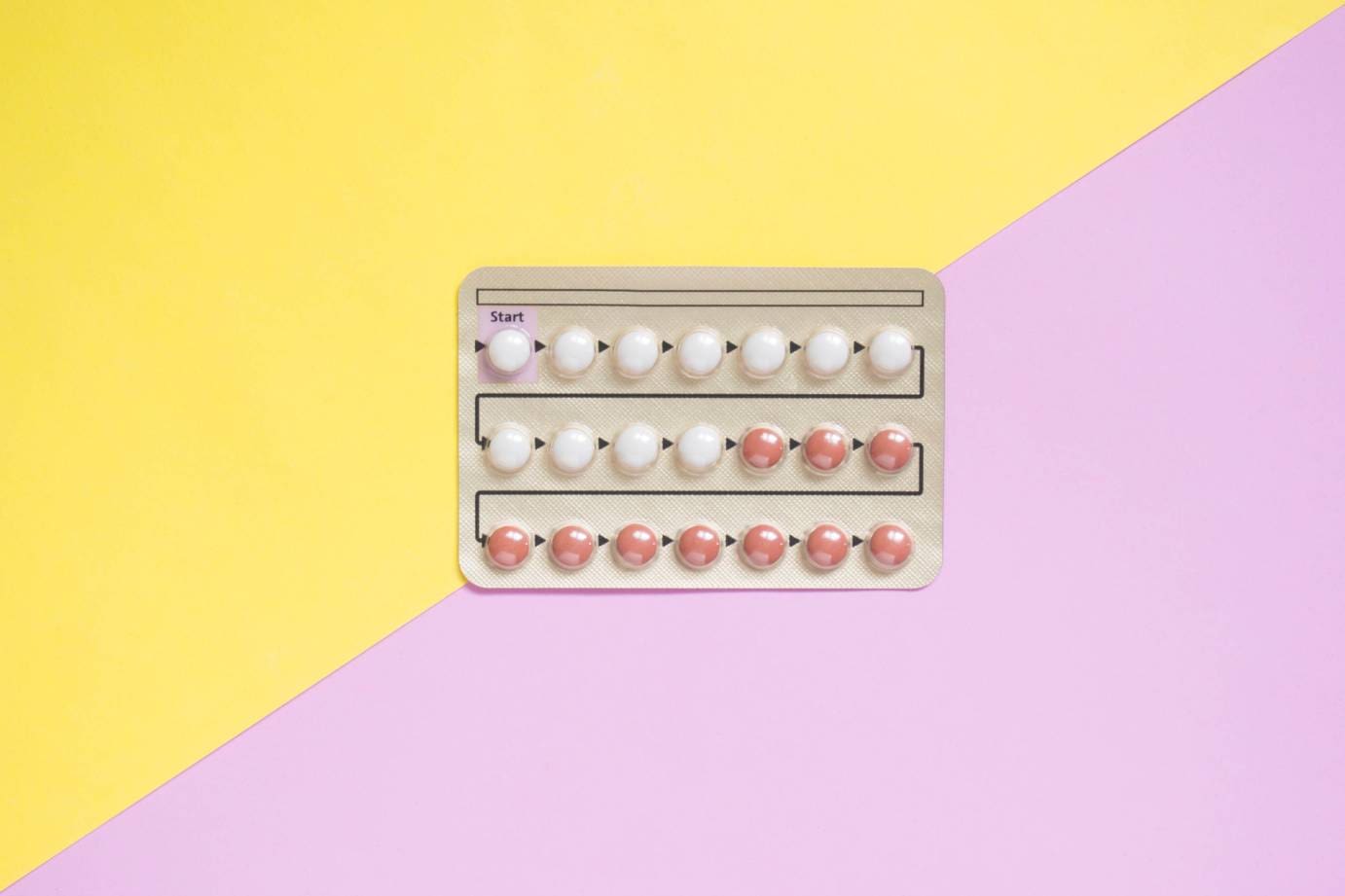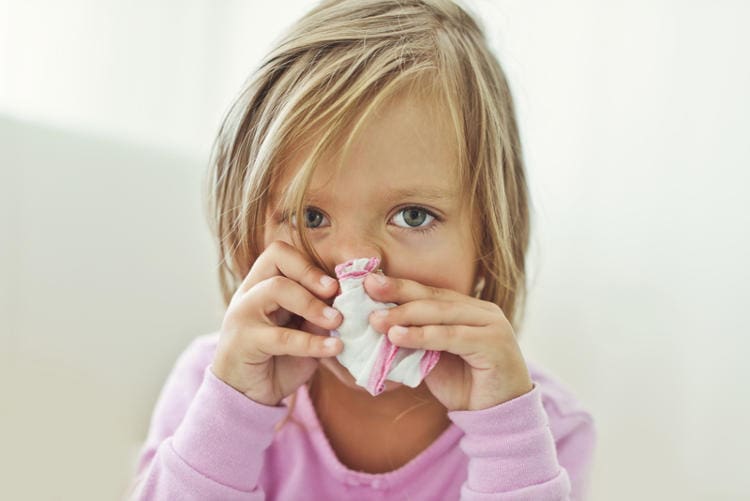Learn about the different types of intrauterine devices (IUD), their effectiveness as contraception, how they’re inserted and possible side effects
fever
Peanut allergy in children
Peanut allergy is the most common serious food allergy in children. About 3 in every 100 infants are allergic to peanuts, and the prevalence seems to be rising.
Contraception: hormone implant
A hormone implant (Implanon NXT) is a small contraceptive device used to prevent pregnancy. It is inserted beneath the skin and provides reliable contraception for up to 3 years.
Iron deficiency anaemia in children
Many children do not get enough iron from their diet to meet the demands of their growing bodies. This can result in low body iron and eventually iron deficiency anaemia (low haemoglobin).
Childhood infections: minimising the spread
The 3 most effective ways of stopping the spread of childhood infections are: getting your children vaccinated; keeping them at home when they are sick; and careful hand washing.
Contraception: the mini (progestogen-only) pill
The mini pill or progestogen-only pill is a type of contraception that you take as tablets. It contains a low dose of the synthetic hormone progestogen.
Contraception: the combined pill
The combined oral contraceptive pill (also known as 'the pill') is a form of hormonal contraception that when used properly is a very effective and safe way to prevent pregnancy.
Pregnancy planning
Whether you are thinking about having a baby for the first time or have been pregnant before, with a little planning you can give yourself the best chance of a healthy pregnancy and baby.
When to see your doctor
Deciding whether to go to the doctor about symptoms is not always easy, especially in children, but some symptoms should not be ignored.
Infectious diseases: when can my child go back to school or child care?
Children with certain infections need to stay away from school or child care to recover and to help stop the spread of infection. Use this guide to work out how long your child should stay away.

